THE SECRET ROSE
love poems of w.b. yeats
THE SECRET ROSE
love poems of w.b. yeats
Edited with an introduction and notes by
A. NORMAN JEFFARES


Introduction and Notes copyright 1998, 2001 by A. Norman Jeffares
First published in the U.K. in 1990 by Kyle Cathie under the title W. B. Yeats: The Love Poems
All rights reserved.
No part of this book may be reproduced in any form or by any electronic or mechanical means, including information storage and retrieval systems, without written permission from the publisher, except by a reviewer who may quote passages in a review.
Published by Roberts Rinehart Publishers
An Imprint of the Rowman & Littlefield Publishing Group
4720 Boston Way
Lanham, MD 20706
Distributed by National Book Network
Library of Congress Catalog Number 96-68570
ISBN: 978-1-56833-214-7
Acknowledgment
The text has been taken from the 3rd edition of Yeatss Poems, edited and annotated by A. Norman Jeffares with an appendix by Warwick Gould, Macmillan London Limited, 1996. The following poems are reprinted by kind permission of A. P. Watt Ltd on behalf of Mr Michael Butler Yeats: Unpublished Lines, written after Maud Gonne married John MacBride, first published in Yeats: man and poet, Routledge & Kegan Paul, 1949, 3rd edition, Gill and Macmillan, Dublin; and Margot taken from Ah, Sweet Dancer, Macmillan, 1969.
 The paper used in this publication meets the minimum requirements of American National Standard for Information SciencesPermanence of Paper for Printed Library Materials, ANSI/NISO Z39.481992.
The paper used in this publication meets the minimum requirements of American National Standard for Information SciencesPermanence of Paper for Printed Library Materials, ANSI/NISO Z39.481992.
Manufactured in the United States of America.
CONTENTS
THE SECRET ROSE
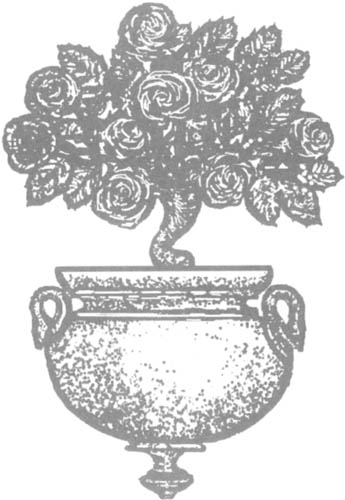
INTRODUCTION
This selection of Yeatss love poetry is generally arranged in the order in which he wrote the poems, for they are in most cases intimately related to his life, to his dreams and devotion, to his moods of despair and disillusion, of serenity and sensuality, of memory and magnification. The love poetry he wrote before he was thirty-five was melancholic and yearning, devoted yet defeatist. Yeats praised the beauty of his beloved, linking her with famous beautiful women of the past; he recorded his frustration, his failure to win her love. This early poetry is impressively, hauntingly beautiful, wistful, sad. What lay behind this devotion? What made Yeats into a poet so concerned with love not only into his thirties but after that, through middle age and indeed up to his death?
Answers to such questions begin with facts. William Butler Yeats was born in 1865, was the eldest son of the Irish artist John Butler Yeats, and consequently grew up in all things Pre-Raphaelite, for his early love poetry contained obvious Pre-Raphaelite elements. But it was also influenced by earlier romantic poets, by Spenser, by Byron and especially by Shelley. He grew up, of course, at a time when romantic love was glorified by Victorian poets so that Tennyson, Browning, even Arnold sanctioned dreaming and devotion, with Rossetti adding in his particular dash of despondencyLook in my face; my name is Might-have-been. When father and son took the train from Howth to Dublin, the one to his studio, the other to his nearby school, John Butler Yeats would recite aloud his favorite passageschoosing always the most passionate momentfrom poets and dramatists, Shakespeare, Shelley, the Pre-Raphaelites. He exercised a strong influence over Willie, urging him to be true to himself, denouncing the idea of duty. Imagine, he would say, how the right sort of woman would despise such a dutiful husband. In his teens Willie was interested in science, reading Darwin, Huxley, Haeckel and Wallace, collecting beetles and moths and exploring the rock pools below the Howth cliffs. He was also, however, reading the Romantics. They led him to climb a rocky ledge up to a cave two hundred feet above the sea where he slept at night, imagining himself Manfred on a glacier, or Alastor, or Prince Athanase. Shelley shaped his idea of ideal women, who, like the girl in The Revolt of Islam, accompanied their lovers through all manner of wild places; they were lawless women without homes and without children.
His first accidental experience of masturbation at the age of fifteen is described in his unpublished autobiography. After that, Yeats wrote, it became a continual struggle against an experience that almost inevitably left me with exhausted nerves. He characterized himself as tortured with sexual desire, and this probably focused on a distant cousin, Laura Armstrong, whom he met in the autumn of 1882. It was she, he said later, who awakened him from the metallic sleep of science. She was attractive, dashingly flirtatious and somewhat indifferent to the norms of Victorian Protestant Irish ladylike behavior. He recorded his first sight of her, driving a pony-carriage, alone and without a hat, her red hair flowing in the wind. She made the approaches, telling him her name, saying they had friends in common and asking him to ride beside her.
After that I saw a great deal of her and was soon in love. I did not tell her I was in love, however, because she was engaged. She had chosen me for her confidant and I learned all about her quarrels with her lover. Several times he broke the engagement off and she fell ill, and friends had to make peace. Sometimes she would write to him three times a day but she could not do without a confidant. She was a wild creature, a fine mimic, and given to bursts of religion. I had known her to weep at a sermon, call herself a sinful woman, and mimic it after. I wrote her some bad poems and had more than one sleepless night through anger with her betrothed.
Lauras unorthodoxy was later to be called wildnesssomething worthy of a Shelleyan heroine. They exchanged letters; he was her Clarin, she his Vivien. She played the title role in Vivien and Time, a play he wrote for her, performed at a judges house in Howth. She was the model for the enchantress heroine of his play The Island of Statues and later for Margaret Leland in John Sherman, the wicked heroine of Willies only novel, as his father put it. John Butler Yeats painted her portrait and considered her a most fascinating little vixen. One of the poems Willie wrote to her may have been one asking if she had received a long letter: it is gentle and tentative, the fourth stanza diffident in its modest request.
How could we trudge on mile by mile
If from red lips like quickenberry,
At some odd times to make us merry
Came no wise half of half a smile.
When Yeatss family moved from Howth to Dublin in spring 1884, Willie became friendly with Katherine Tynan, already known as a writer; through her he met young Catholics and Parnellites. They encouraged each others writing and he wrote many letters to her. When John Butler Yeats moved his family to London in 1887, Willie began to wonder if she was in love with him, whether it was his duty to marry her: sometimes when she was in Ireland, I in London would think it possible I should, but if she came to stay, or I saw her in Ireland it became impossible. In October 1888 she met Henry Albert Hinkson (a contemporary of Yeats at The High School, Dublin), became engaged to him and married him in 1893. She hardly filled Yeatss dreams of a romantic love: he called her a very plain woman in his unpublished autobiography, but she was kind to him and his letters telling her of his doings treat her as if she were a diary. She was a lifeline to the friends he had made in Dublin.
Next page

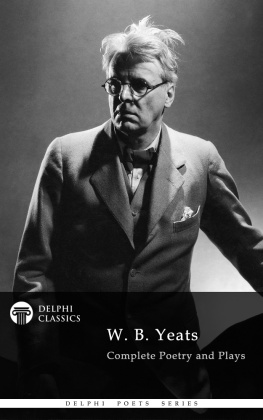
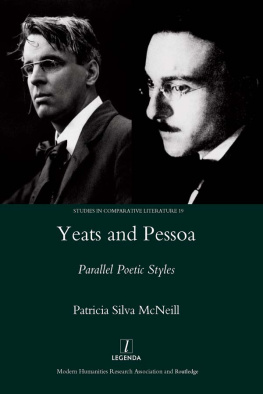
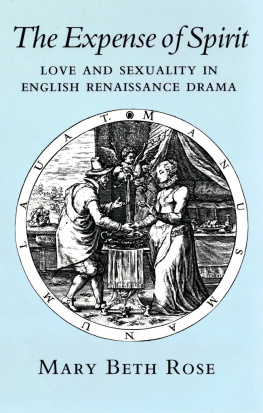
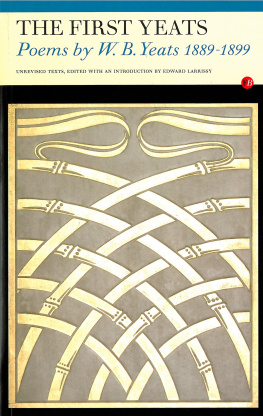



 The paper used in this publication meets the minimum requirements of American National Standard for Information SciencesPermanence of Paper for Printed Library Materials, ANSI/NISO Z39.481992.
The paper used in this publication meets the minimum requirements of American National Standard for Information SciencesPermanence of Paper for Printed Library Materials, ANSI/NISO Z39.481992.